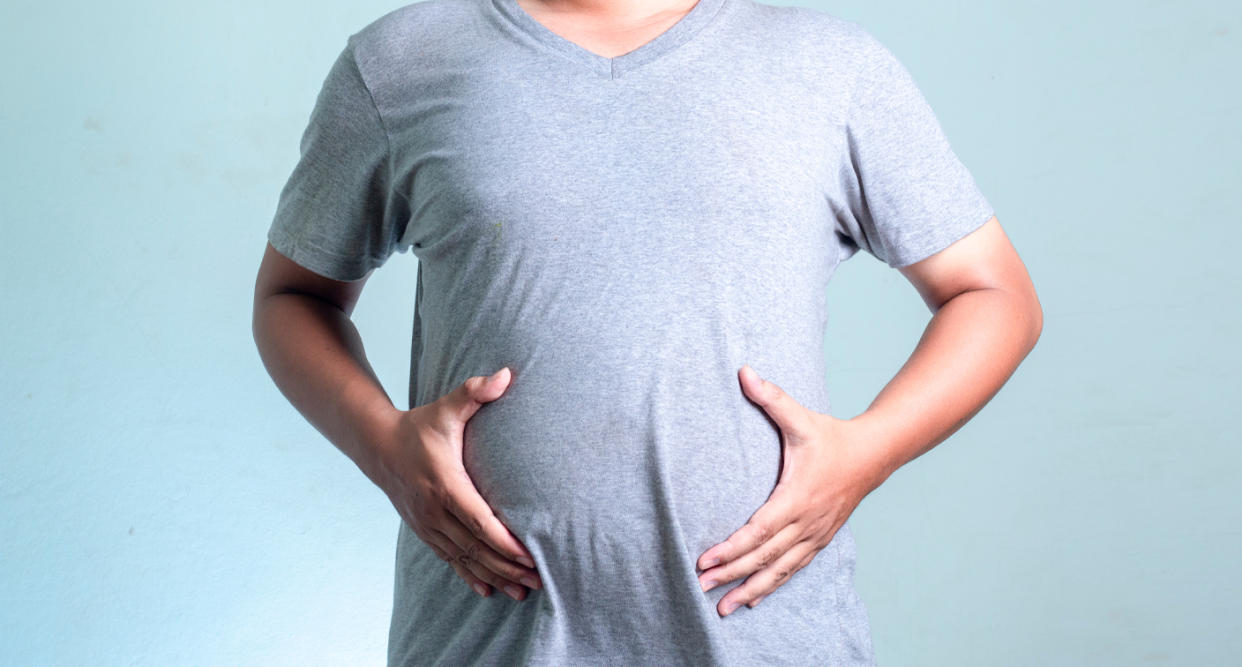What if you could brew beer in your gut? Auto-brewery syndrome explained

What if you could brew beer in your stomach? While that might be a dream come true for some, it’s not as fun as it sounds.
In a study published in the journal BMJ Open Gastroenterology, researchers examined a case of a previously healthy, active 46-year-old man with auto-brewery syndrome (ABS) — a rarely diagnosed medical condition in which eating carbohydrates results in them fermenting in a person’s gut. This fermentation can lead to alcohol production, which can make a person intoxicated.
The man had been arrested for what police presumed was driving while intoxicated, even though the man claimed he hadn’t had a drop of alcohol. After refusing a Breathalyzer analysis, he was hospitalized and given a blood test, which revealed a blood alcohol level of 200 mg/dL — or 0.15 to 0.2 percent, which can make a person appear drunk and can cause severe visual impairment; by comparison, the legal limit for driving in the U.S. is 0.08 percent. According to the study, hospital personnel and the police “refused to believe him when he repeatedly denied alcohol ingestion. He recovered fully and was discharged.”
After hearing about a similar case (a New York woman was charged with a DUI 2015, but the charges were dismissed after she was diagnosed with ABS), the man’s aunt encouraged him to monitor his blood alcohol levels by using a Breathalyzer and to get more testing done. While all of his basic lab tests came back normal, doctors finally discovered that the man’s blood alcohol levels went up after eating a meal high in carbohydrates. They eventually found brewer’s yeast (Saccharomyces cerevisiae) and Candida in his upper small bowel and cecum (the junction between the small and large intestine) — both of which can ferment carbohydrates to make alcohol.
The man was treated with antifungal medications to get rid of the yeast, along with temporarily eliminating carbohydrates from his diet and taking a probiotic. He was able to gradually introduce carbs back into his diet and has been symptom-free since then.
Related Video: 3 Ways to Boost Your Gut Health
The study authors believe the man’s ABS was triggered by three weeks of antibiotics given after a traumatic thumb injury. The course of antibiotics likely wiped out the good bacteria in his gut, allowing the fungus to overgrow.
“It appears that people who have taken antibiotics are more likely to get ABS, especially long-term antibiotics for acne,” Barbara Cordell, PhD, an ABS researcher, registered nurse, and adjunct professor at Panola College, tells Yahoo Lifestyle. “Of course there must be other factors involved, or we’d all have it, right? Antibiotics are in meat and nearly all of us have had antibiotics at some point in our lives. We don’t yet know what those other factors might be. Some people with diabetes, short bowel syndrome, and Crohn’s disease have been diagnosed with ABS, but many others seem to have no specific underlying problems.”
According to a 2019 paper on the condition co-authored by Cordell, the body naturally produces tiny amounts of ethanol (simple alcohol) during digestion. But in rare cases, the combination of a diet rich in carbohydrates and sugar, coupled with the course of antibiotics, can create the perfect environment for “fermenting microbes to over-colonize.”
“The basic cause of auto-brewery syndrome is an overgrowth of one or more yeasts somewhere in the gastrointestinal tract that ferment sugars and carbohydrates into alcohol (technically ethanol),” says Cordell. “In very rare cases, a bacterium may also ferment alcohol in the gut.”
Auto-brewery syndrome is rare, but there are certain telltale signs to look out for, including the sudden loss of coordination, slurring of words, confusion, nausea, and vomiting. “Many patients pass out, but others continue to function,” explains Cordell. “If a person is acting drunk but states they have not been drinking, they should be checked for ABS. The only way to know for sure is to do a glucose challenge in a controlled environment with no access to alcohol but frequent checks of blood alcohol levels.”
Read more from Yahoo Lifestyle:
Follow us on Instagram, Facebook and Twitter for nonstop inspiration delivered fresh to your feed, every day.

